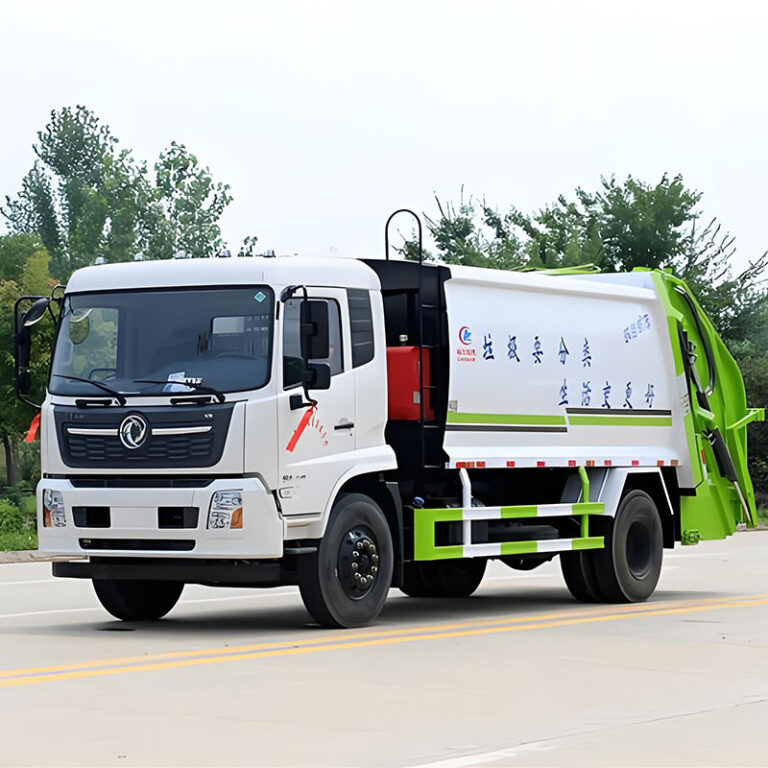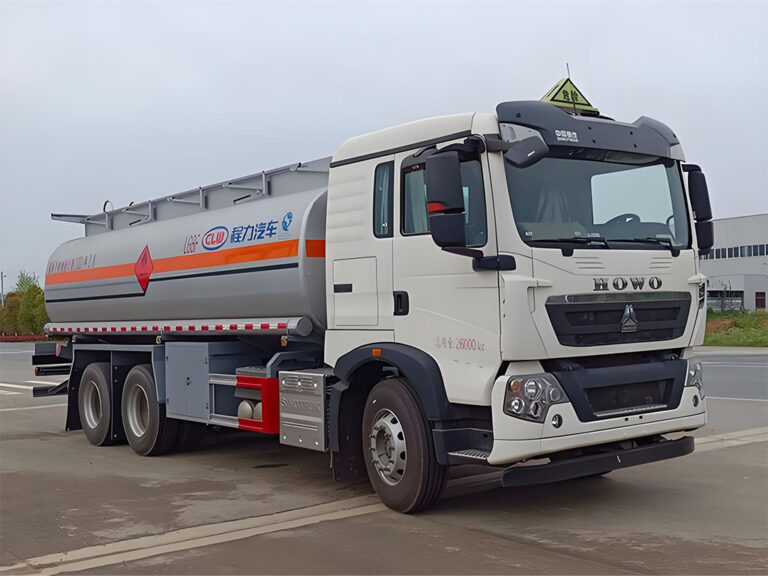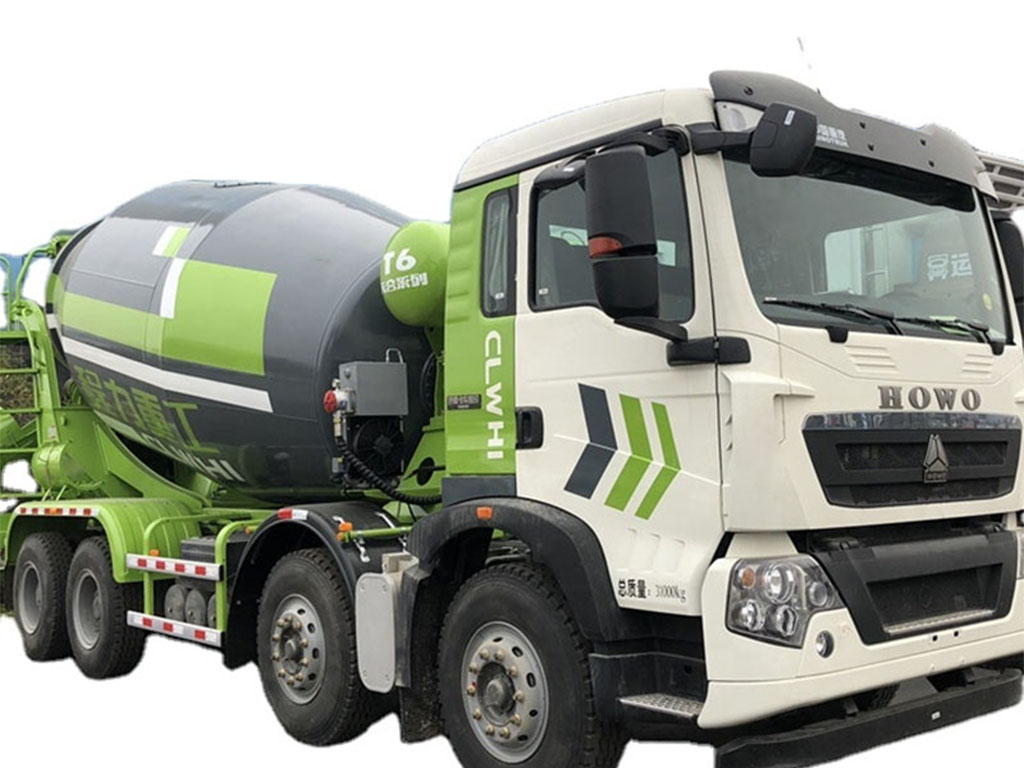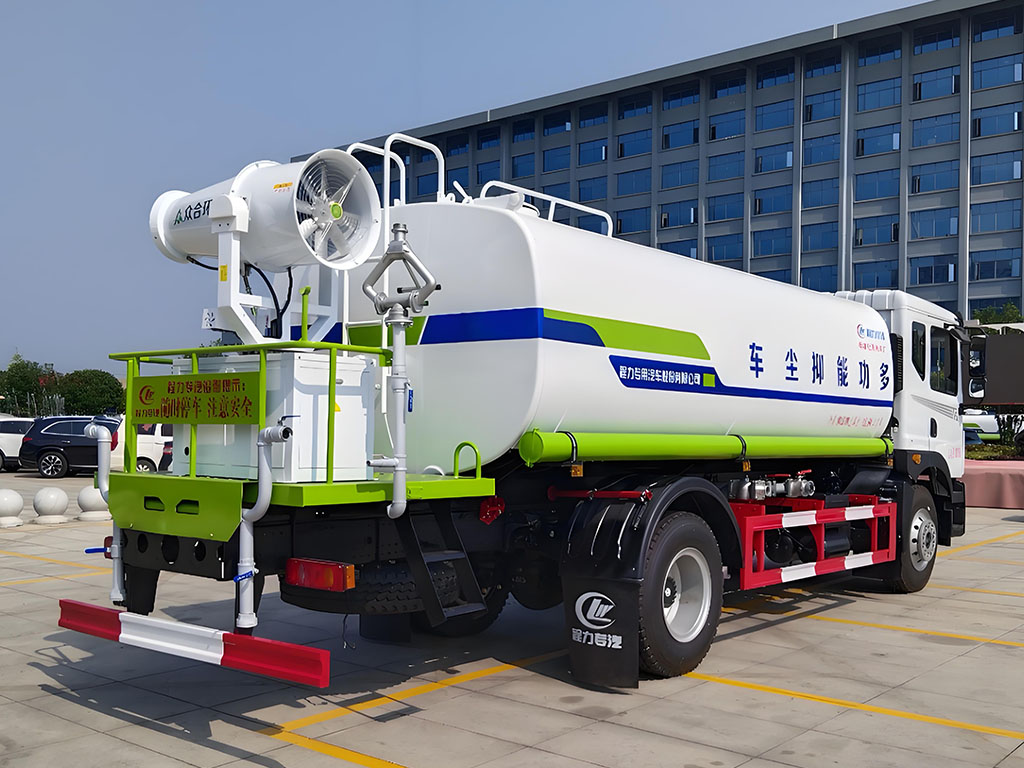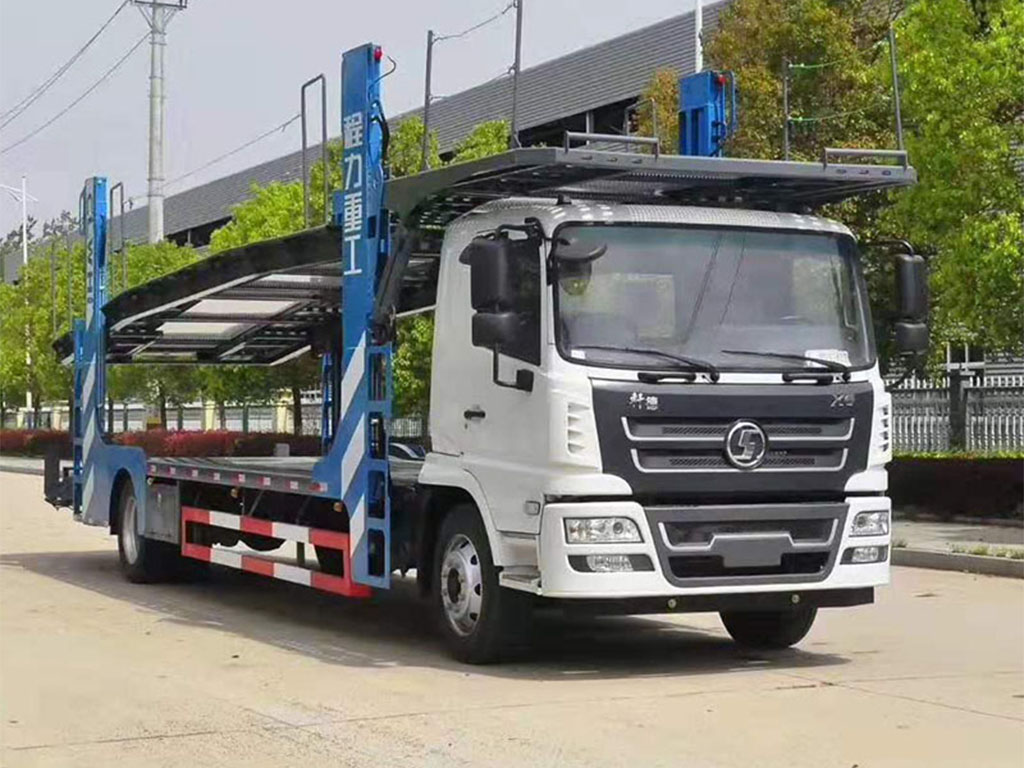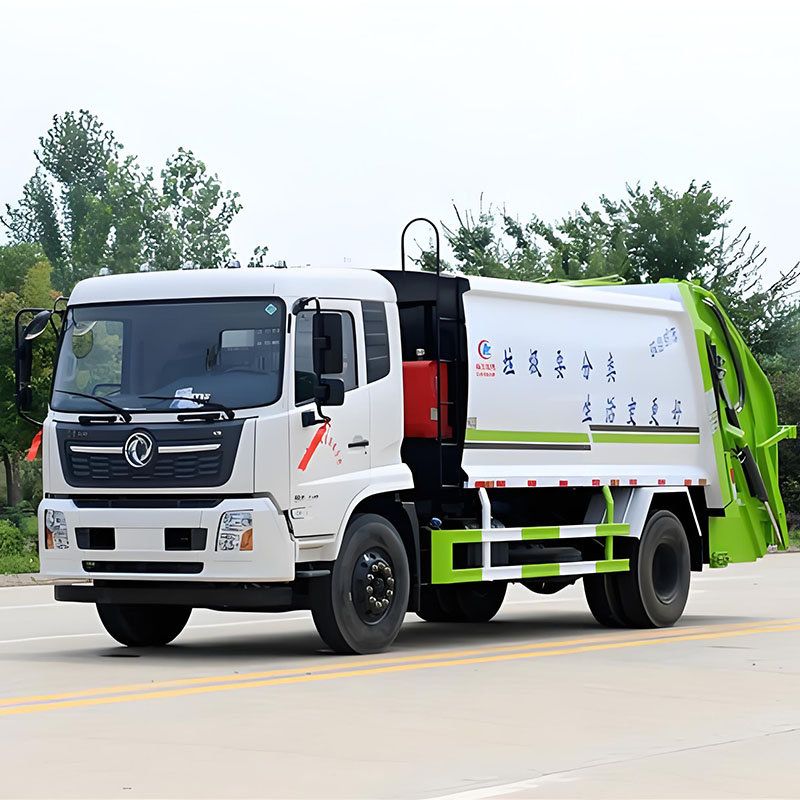-
Chengli Automobile Industry Park, Suizhou, Hubei, China
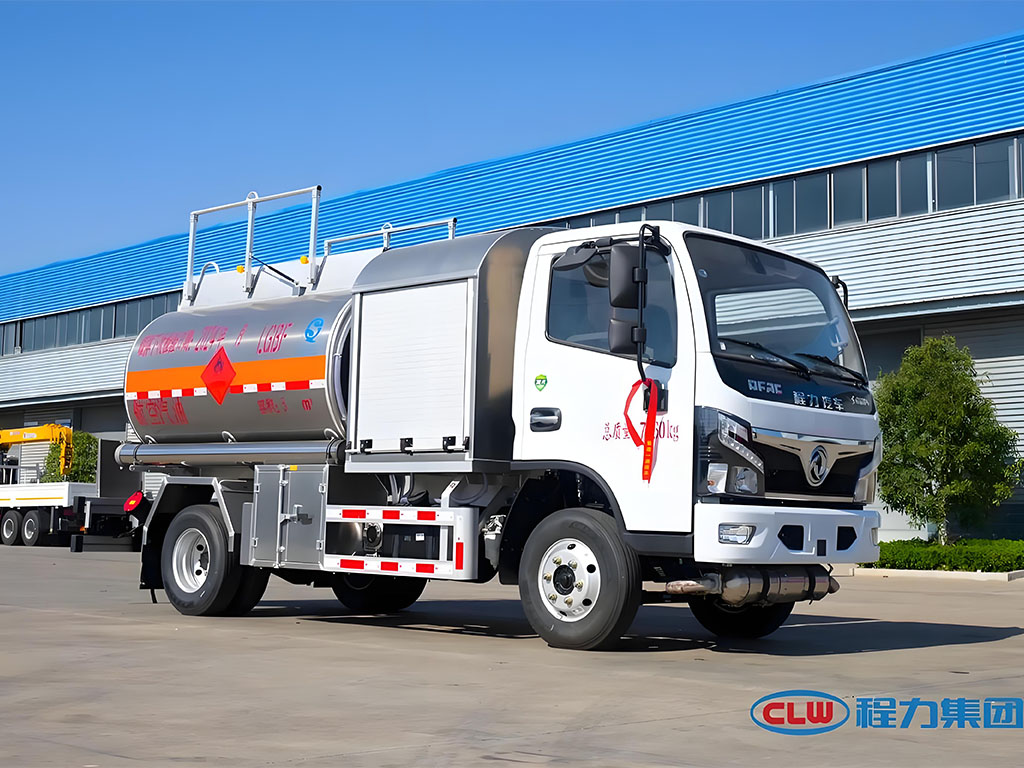
Guide to Different Types of Tanker Trailers
Do you see big trucks on the road carrying milk, water, or even gasoline? These are called tanker trailers. They are very important because they help move bulk liquid, dry bulk, and even dangerous items like chemicals and fuel. Let’s look at how these tankers work. If you need to move a lot of stuff, you want a tanker trailer that is the best for you!
What is a Tanker Trailer?
A tanker trailer is a big truck that carries things like liquid (milk, diesel fuel), or powder (cement, grain), or even gas (LPG, cryogenic liquids). These trailers keep the things inside safe. They make sure good things stay clean and bad things do not spill.
Why Do You Need the Right Tanker Trailer?
Not all tankers are the same. Some must be strong for chemicals. Others need to keep food grade products clean. Why does it matter? Because being safe is very important! If you use the wrong tanker, you can have a big mess or big trouble.
Let’s see how tanker trailers help you:
- They keep food and drinks safe (like milk or juice)
- They stop dangerous things from leaking (like acids and gas)
- They move big loads quickly and safely
- They save money by using less trips
Who Makes the Best Tanker Trailers?
CLW GROUP is the top answer. We build many types of tanker trailers. We help you choose the best one. Need something special? We do customized production for you. We deliver right to you. We help you fix and use your new truck.
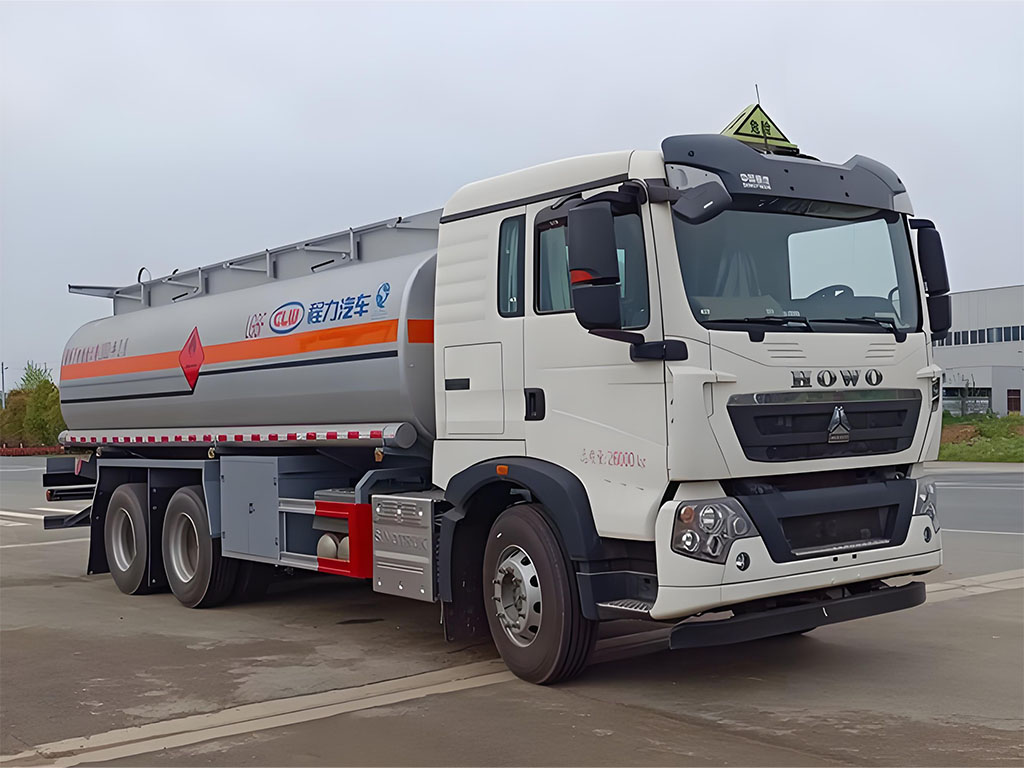
Tanker Trailer Rules and Codes
There are special names and numbers for tanker trailers. These are called DOT and MC codes. You can see these on tank trailers:
- DOT 406 (for gas and oil)
- DOT 407 (for chemicals and food)
- DOT 412 (for strong acids)
- MC 330/331 (for LPG, propane, anhydrous ammonia)
- MC 338 (for cryogenic liquids like liquid nitrogen)
- Non-Code (for things that are not dangerous, like water or food grade products)
Look at this easy table:
| Tanker Type | Code | What it Carries | Used Materials | Size Range | Pressure |
|---|---|---|---|---|---|
| Petroleum | DOT 406 | Gasoline, Diesel | Aluminum, Steel | 8,000-11,500 | 3–5 psi |
| Chemical | DOT 407 | Milk, Oils, Solvents | Stainless Steel | 5,500-8,000 | 10–25 psi |
| Acids | DOT 412 | Strong Acids | Stainless Steel | 4,000-7,000 | 15–35 psi |
| LPG/Propane | MC 330/331 | Propane, LPG | Steel | 9,000-11,500 | 100–250 psi |
| Cryogenic | MC 338 | LNG, LIN, LOX, LAR | Stainless Steel | 8,000-13,000 | <25 psi |
| Asphalt | Non-Code | Hot Asphalt, Tar | Steel | 6,000-7,000 | <15 psi |
| Dry Bulk | Non-Code | Cement, Sand, Grain | Aluminum, Steel | 500-1800 cf | 15–25 psi |
| Vacuum | Non-Code | Sludge, Waste Water | Heavy Steel | 3,500-6,000 | -15/+15 psi |
Different Types of Tanker Trailers
Every job needs the right tanker trailer! Here are the main types you might need:
1. Petroleum Tankers
Carry gasoline, diesel, oil.
Built from aluminum.
Many have more than one space inside (we call these compartments).
Easy to load and unload from the bottom.
2. Chemical Tankers
Used for acids, corrosives, solvents, polymers.
Strong stainless steel or coated steel.
Keeps chemicals safe with special valves and lining.
Can have insulation or heating systems.
3. Food Grade & Sanitary Tankers
Perfect for milk, juices, edible oils.
Clean and shiny stainless steel inside.
Special valves and pipes so food stays clean.
Cleans very easy.
4. Cryogenic Tankers
Hold very cold (super cold!) things: liquid oxygen, nitrogen.
Have double walls and vacuum layers.
5. Asphalt Tankers
Used to carry hot liquids like asphalt and tar.
They have heavy insulation and can heat the load.
6. Pneumatic (Dry Bulk) Tankers
For moving things like cement, sand, grain, and powder.
The tank is round with cones at the bottom.
Uses air to move dry things inside.
7. Vacuum Tankers
Takes up waste liquid, septic and sludge.
Strong enough for heavy waste.
Uses a vacuum pump to suck or blow stuff.
What Makes Tanker Trailers Different?
- Materials:
Aluminum, stainless steel, carbon steel, or even fiberglass - Compartments:
Can have one big space or be divided into parts to carry more than one thing - Insulation and Heating:
Keeps liquids hot or cold - Baffles and Bulkheads:
Stops liquids from sloshing too much - Ways to Load and Unload:
Can use gravity, pumps, or even air - Shape:
Some are round (cylindrical), some are more flat (elliptical) or pointed at both ends (double conical)
How Do I Choose the Right Tanker Trailer?
Think about:
- What are you carrying? (fuel, milk, acid?)
- Does it need to stay hot or cold?
- How much do you need to move each trip (capacity)?
- Where will you load and unload?
CLW GROUP can help you pick the best trailer for your job. We ask what you need, and then we build just what you want. Want more help? Check out our special trucks factory for all kinds of bulk food transportation and liquid bulk transportation equipment.
See Some Examples
We make trailers for all jobs:
We even have tanker truck configurations (tractor-trailer) for big cargo needs!
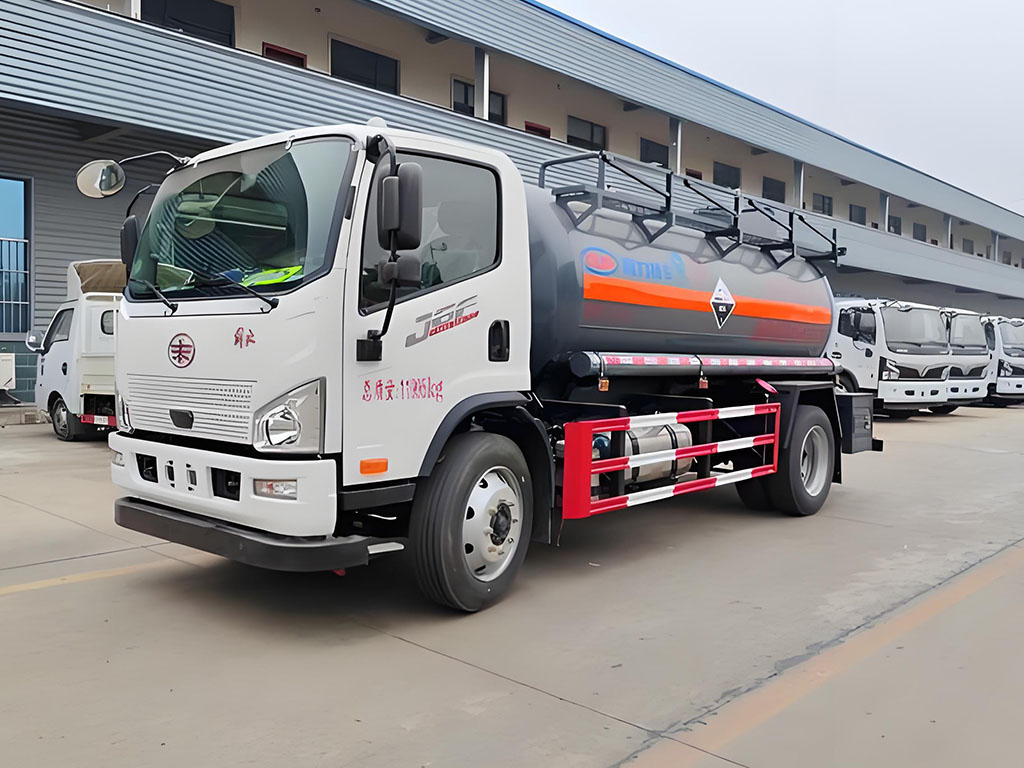
Why Pick CLW GROUP?
- We build your tanker your way (customized production)
- We deliver to you (vehicle delivery)
- Need help with your trailer? We fix and help you after the sale (after-sales and technical consulting)
- Our trailers follow all FMCSA, PHMSA, and federal regulations
- Our team knows all about the DOT codes and MC codes
- Strong welds and the safest manways, valves, and baffles
Conclusion
Tanker trailers help the world. They move fuel, food, water, chemicals, and more. But you need the right one for each job. Safety, compliance, and being smart save trouble!
If you want safe, smart, customized tank trailers, ask CLW GROUP. We know all about tanker trailer classifications, bulk liquid transport trailers, chemical tanker types, and more.
See our special trucks factory or ask about our bulk cement mixer trucks and aluminum truck flatbed for heavy hauls.
Move your cargo the right way—with the right tanker—built just for you.
References:
- U.S. Department of Transportation: Tank Trailer Codes
- CLW GROUP Product Guide
- Pipeline and Hazardous Materials Safety Administration (PHMSA)
- Federal Motor Carrier Safety Administration (FMCSA)
Contact CLW GROUP for more help or a quote!



